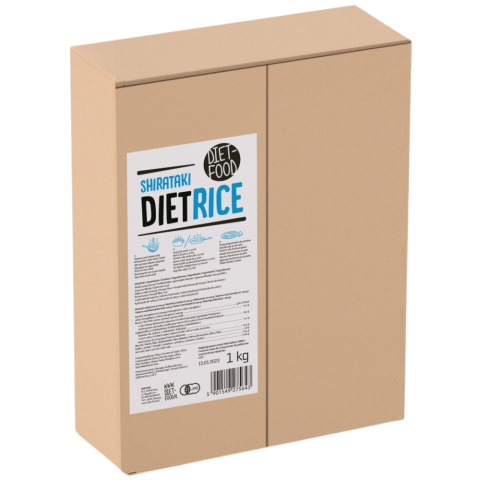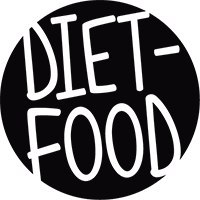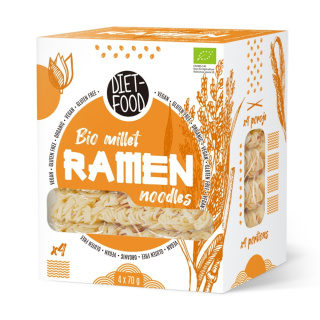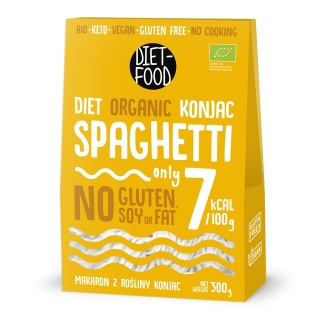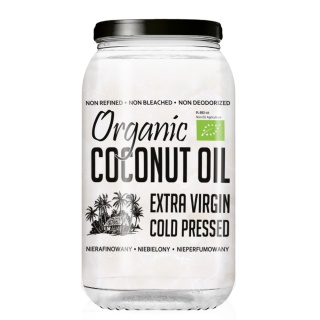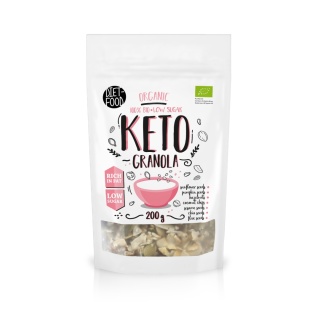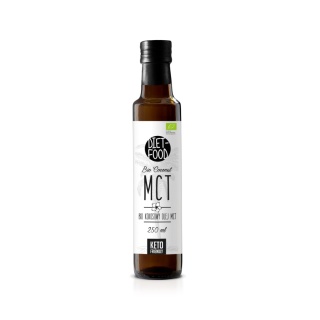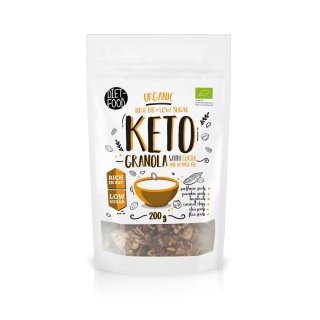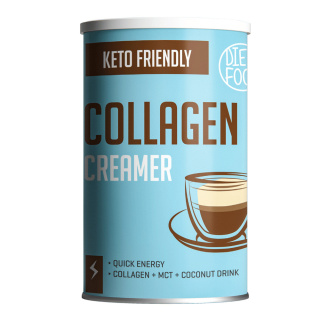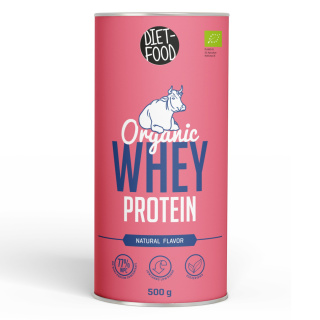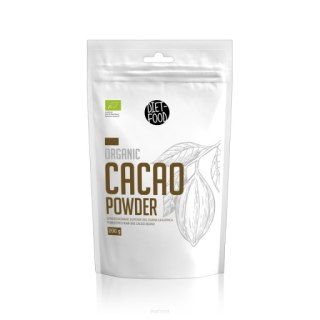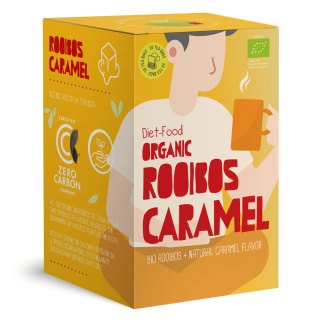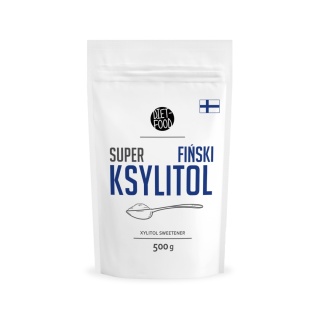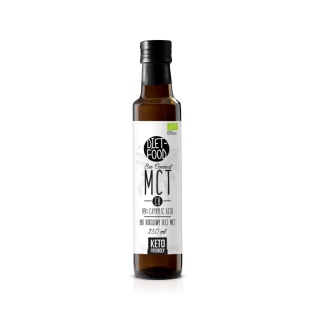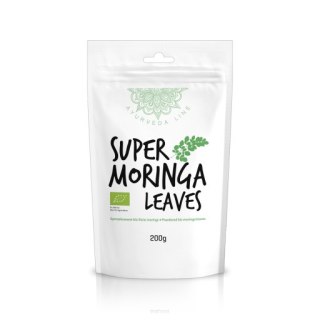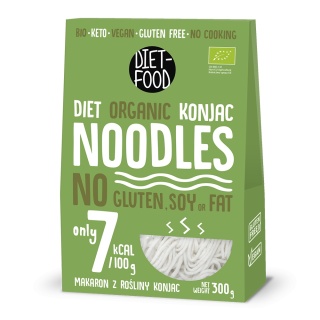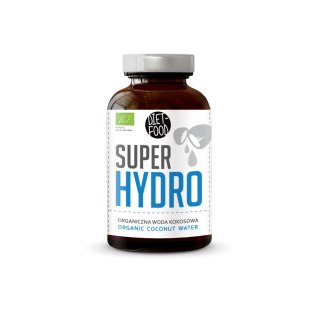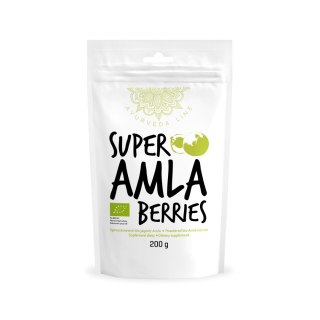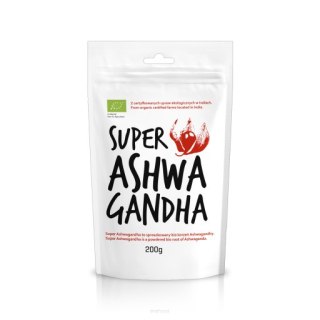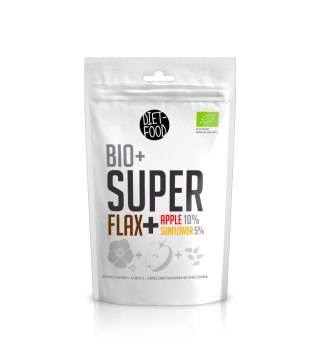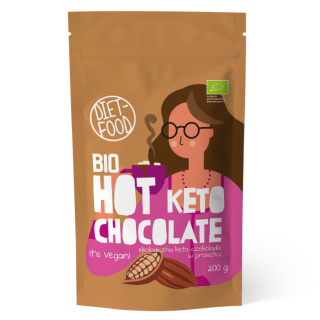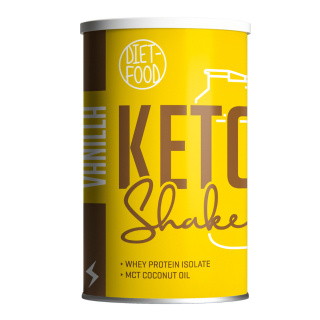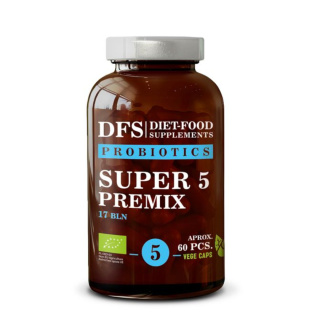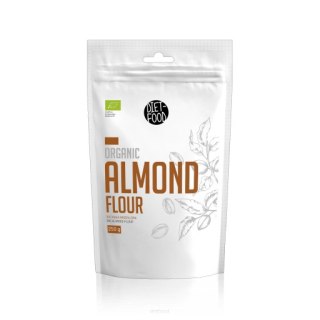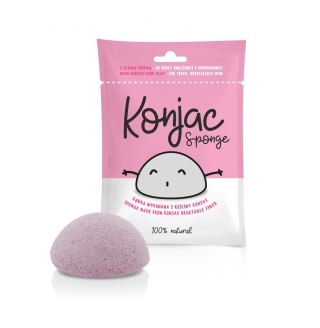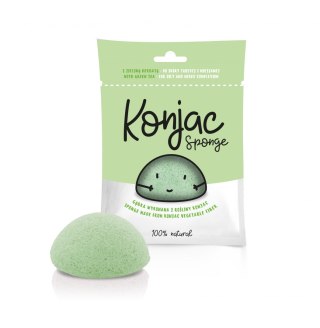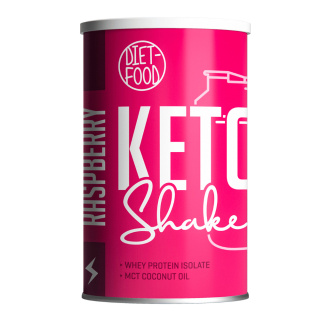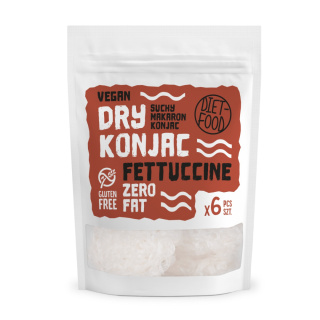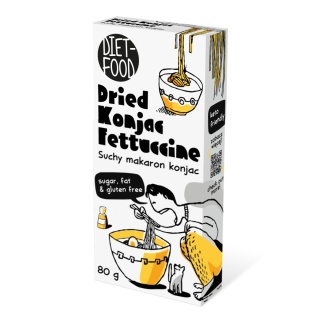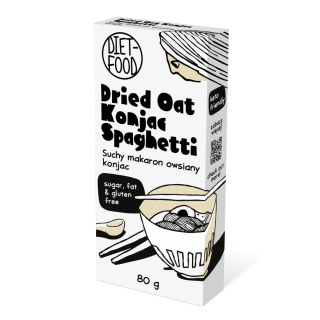Shirataki Konjac Rice Pasta 1 kg
The main ingredient in Diet Noodles is Konnyak Glucomannan - a water-soluble fiber obtained from the root of the Konnyak plant. Originally, it comes from Asia, and the food produced from it is also called: Shirataki Noodles or Konnyaku Noodles. The largest consumer of this food in the world is the Japanese. Now you can enjoy our gluten-free pasta in 1 kg packages. These packages are dedicated to companies providing catering services, as well as to people who eat this dietary pasta on a daily basis.
Konjac pasta is a natural product, rich in soluble fiber, without fat, sugar, starch and protein, without wheat and gluten, without its own taste, easily absorbs the aroma of additives and spices, quick to prepare, tasty and healthy.
Can people on a vegan diet consume this pasta?
Naturally, the line of these delicious products was created typically for people who follow vegan and vegetarian diets, at the same time not forgetting the great use of this pasta for people who struggle with gluten absorption problems. We also recommend its consumption with a ketogenic diet. Country of origin China
Why should you choose Konjac noodles?
Low calorie content: Konjac noodles are very low in calories. They are made from konjac flour, derived from the konjac plant's root. These noodles are mainly composed of water, resulting in a very low calorie content. Therefore, they are an excellent choice for individuals looking to reduce calorie intake and manage weight.
Gluten-free and suitability for various diets: Konjac noodles are naturally gluten-free, making them a suitable alternative for individuals intolerant to gluten or suffering from celiac disease. They are also vegan and can be consumed by people following vegetarian, vegan, or plant-based diets. Additionally, konjac noodles have a low glycemic index, meaning they have minimal impact on blood sugar levels.
Weight loss support: Due to their low calorie content, konjac noodles can help in weight loss diets or calorie restriction. They can be used as a substitute for traditional noodles, which are calorie and carbohydrate-dense.
Versatility and ease of preparation: Konjac noodles have a neutral taste and absorb the flavors of other ingredients they are cooked with. This makes them versatile and suitable for various recipes and cuisines. They can be used as a substitute for traditional wheat-based noodles in stir-fries, soups, salads, and other dishes.
Method of preparation
Rinse the pasta thoroughly under warm running water. Boil or fry for 2-3 minutes. Add directly to the dish. Store in a dry, cool place. After opening, keep in the refrigerator in the brine, tightly closed, maximum 3 days.
Composition and allergy information
Ingredients:
- water
- konjac flour
- calcium hydroxide
Store tightly closed packaging in a dry and cool place. Do not freeze.
Nutritional values
Nutritional values in 100 g:
- energy value 33 kJ / 8 kcal
- fat < 0,1 g saturated 0 g
- carbohydrates 1,1 g including sugars < 0,2 g
- fiber 1,8 g
- protein 0,3 g
- salt; 0,03 g
Net weight: 1000g (drained net weight)

